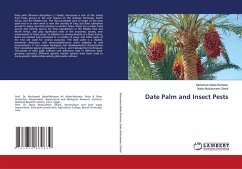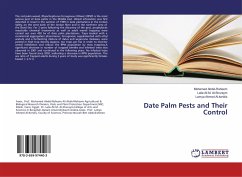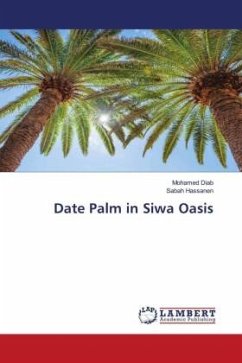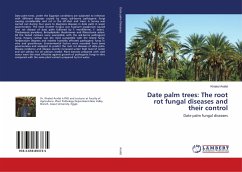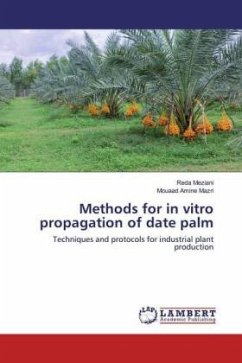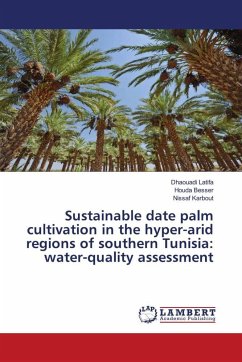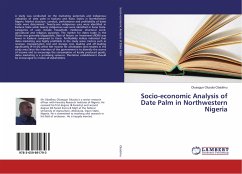Date palm (Phoenix dactylifera L.) family: Arecaceae is one of the oldest fruit crops grown in the arid regions of the Arabian Peninsula, North Africa, and the Middle East. The most probable area of origin of the date palm was in or near what is now the country of Iraq, but date cultivation spread to many countries starting in ancient times. Dates are a major food source and income source for local populations in the Middle East and North Africa, and play significant roles in the economy, society, and environment in these areas. In addition to serving directly as a food source, dates are packed and processed in a number of ways, and other parts of the tree are used for various purposes. The date palm is a diploid, perennial, dioecious, and monocotyledonous plant adapted to arid environments. It has unique biological and developmental characteristics that necessitate special propagation, culture, and management techniques. Thousands of date palm cultivars and selections exist in different date-growing countries. Different genetic marker systems have been used to study genetic relationships among date palm cultivars.
Bitte wählen Sie Ihr Anliegen aus.
Rechnungen
Retourenschein anfordern
Bestellstatus
Storno

